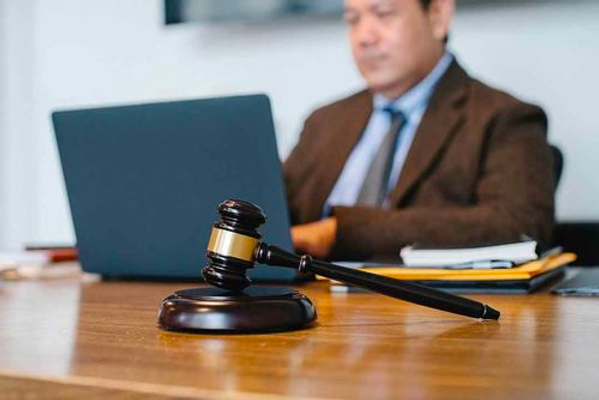May 2023

New York City's Bias Audit Law, or Local Law 144, which comes into force on July 5th, 2023, requires that employers and employment agencies using automated employment decision tools (AEDTs) to evaluate candidates for employment or employees for promotion have undertaken a bias audit of the tools and announced procedures for notification. However, the definition of key elements of the legislation has evolved throughout the rulemaking process, with the final version providing clarification on definitions for machine learning, statistical modeling, data analytics, or artificial intelligence, simplified outputs, substantially assisting systems, independent auditors, calculating impact ratios, summary of results requirements, and using historical and test data. While the adoption of AI and automation in HR is becoming ubiquitous, concerns about existing biases being perpetuated and amplified, novel sources of bias, and a lack of transparency about the system's capabilities and limitations remain.

New York City and New Jersey are introducing legislation to require bias audits of automated employment decision tools. New York City Local Law 144 will require audits of these tools from July 2023, while the New Jersey Assembly Bill 4909, which would introduce similar requirements if passed, has recently been introduced. The legislation is being proposed as concerns grow around the risks posed by technology including artificial intelligence. Companies will need to take steps to manage risks and procure any necessary interventions, such as bias audits, to remain compliant.

New York City's Local Law 144 requires bias audits of automated employment decision tools, and employers and employment agencies who use these tools within the city must have a bias audit performed by an independent auditor. Vendors of these tools may not be directly affected by the legislation but may still be subject to audits if their clients meet the above criteria. Vendors are encouraged to proactively get an audit to mitigate potential issues and provide assurance to clients and prospects that their software is in compliance. A free consultation or quiz is available to determine if an audit is necessary. This blog article is for informational purposes only and is not intended to provide legal advice.

The New York City Council has mandated bias audits of automated employment decision tools (AEDTs) used to evaluate employees for promotion or candidates for employment in New York City. The NYC Bias Audit Law requires employers to make a summary of the results of the bias audit publicly available on their website, increasing transparency in the hiring process. The law requires testing for disparate impact against component 1 categories required to be reported by employers, including sex and race/ethnicity categories. The delayed enforcement deadline provides an opportunity to collect necessary data or use test data for the bias audit. The article advises early preparation by employers to ensure compliance with the law.

Policymakers in the US are starting to prioritize the regulation of automated employment decision tools and systems, with Illinois enacting the Artificial Intelligence Video Interview Act in 2020. New York City has passed legislation mandating bias audits of such tools and California has proposed amendments and new laws to regulate their use. The New York City legislation requires independent, impartial bias audits of automated tools used in hiring, assessment and promotion, as well as notification to candidates and employees of their use. California focuses on making it unlawful to use automated tools that discriminate on the basis of protected characteristics, and proposes restrictions on the electronic monitoring of employees. All legislation has strict notification, collection and data retention requirements for employers and vendors. Employers and vendors using AI employment tools are advised to adopt reliable systems of governance and auditing to avoid discrimination in their use and stay ahead of emerging regulations.